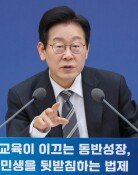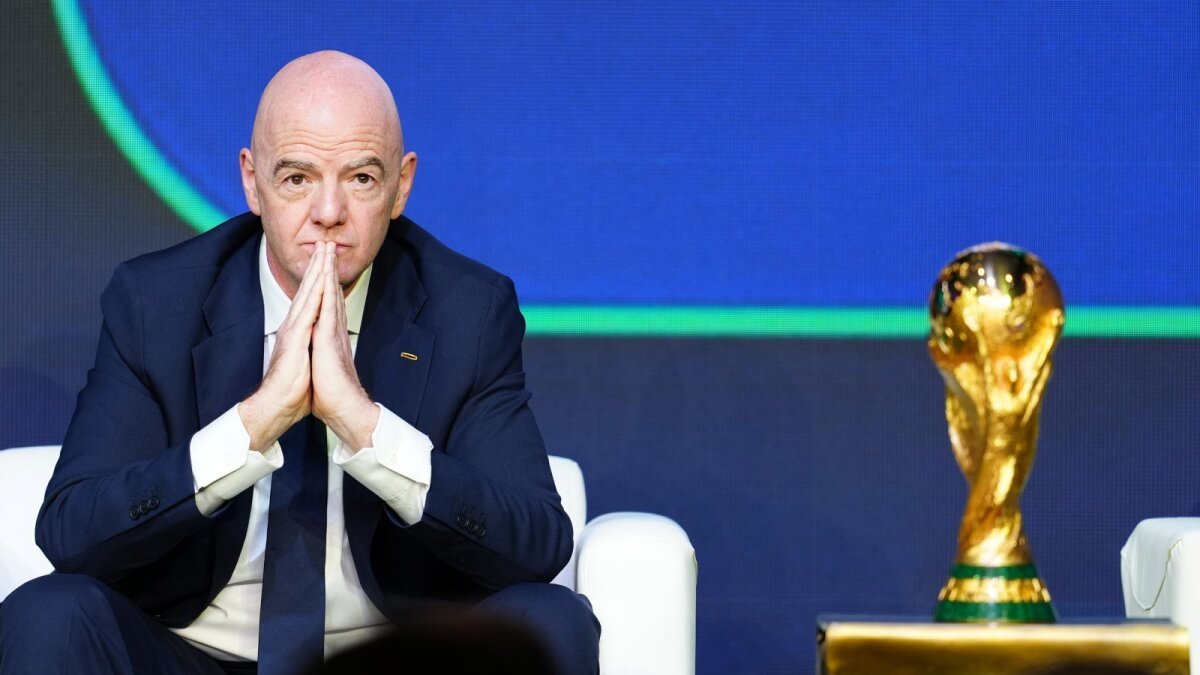Local Worker Key to Hostages Freedom
Local Worker Key to Hostages Freedom
Posted June. 10, 2006 03:34,
While working as usual just like any other ordinary day at the field office of Daewoo Engineering and Construction in Port Harcourt, Nigeria on June 7, a Nigerian worker, called by the pseudonym Imae received an urgent request from his office manager Lee Hong-jae. Telling Imae that five Korean workers and one local worker had been kidnapped by militants, the manager asked him to make phone calls and organize a local negotiation team.
Imae soon organized a team consisting of friends in his tribe and authorities from the Ijaw Tribe to which the kidnappers belong.
After making several phone calls, Imae finally received information that the hostages were safe. Before long, he also heard that the abductors had provided breakfast to the workers. Passed through the field office, this news was reported to the emergency task force at the Daewoo Engineering and Construction headquarters in Seoul.
By 10:30 p.m. on June 7 (2:00 p.m. local time), officials at the Ministry of Foreign Affairs and the National Intelligence Service exhaled a sigh of relief as they got the information from Daewoo.
On the afternoon of June 8 (local time), after the militants showed their intention to release the hostages, an urgent meeting was held at the field office at Port Harcourt to choose a negotiator who would help the government make a deal with the militants. After a discussion, Imae was selected as Daewoos representative.
At a place not so distant from Port Harcourt, Imae negotiated with the abductors and then told the Daewoo workers who were waiting outside, they offered no meals after breakfast. They have also moved the hostages three times since the kidnap. At around 12:20 a.m. on June 9, the abducted Korean workers were set free after 40 hours since the incident, thanks to the close cooperation of the state government of Nigeria and the personal network Daewoo Engineering and Construction established.
Since launching its business in Nigeria in the early 1980s, Daewoo focused on localizing their activities. The company has staffed more than half of its field workers with Nigerians at most construction sites, including the gas plant facilities of Cawthorne where the kidnap incident occurred.
Seo Hoi-gyeong, assistant manager of Daewoo Engineering and Constructions overseas operations division, worked in Cawthorne until March this year. Although Nigeria is headed by the president, she said, tribes, often called communities, have their own local domains and foreign enterprises cant survive without recognizing them. Daewoo has even renovated residents washrooms and supported the tribes main events. Especially, they never missed the funerals to which the local people attach the most serious importance.
Even local residents who were wary of foreigners were touched by these efforts. While working in Nigeria in August, 2003, a Daewoo manager Kim U-seong (45) was conferred the title of chief emeritus by the Ejama Tribe residing nearby Port Harcourt. Manager Kim was the first Korean to receive this title since Kim Sun-gwon, the famous Dr. Corn.
Personal ties like these played a crucial role in the release negotiations.
Seung-Heon Lee ddr@donga.com




![10번 북송된 그녀, 73만 유튜버 되다…탈북 유튜브 ‘유미카’ 뒷이야기[주성하의 북에서 온 이웃]](https://dimg.donga.com/c/138/175/90/1/wps/NEWS/IMAGE/2025/12/12/132938957.1.jpg)
![독재자의 ‘무상 시리즈’…최대 석유국 베네수엘라 빈민국 만들었다[딥다이브]](https://dimg.donga.com/c/138/175/90/1/wps/NEWS/IMAGE/2025/12/12/132956556.1.png)

